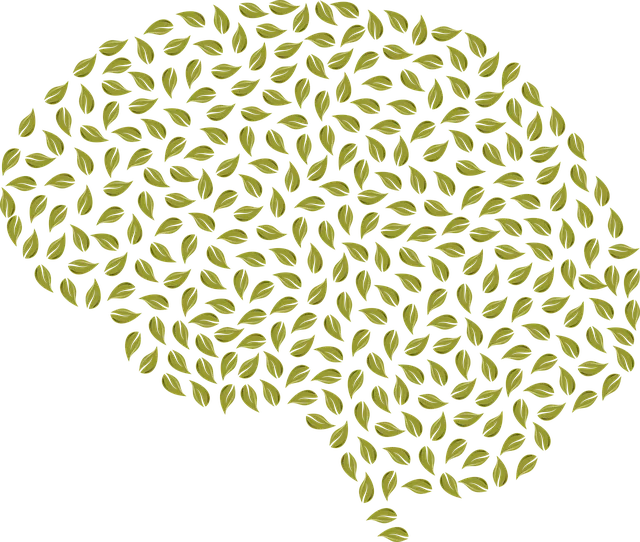Stress becomes harmful when chronic, impacting mental well-being according to the Westminster Kaiser Permanente (WKP) mental health department, validated by over 100,000 solutions. Prolonged stress leads to anxiety, depression, physical issues like high blood pressure, and weakens the immune system. WKP recommends mindfulness meditation and self-awareness exercises for stress reduction and improved emotional healing. Creating a soothing home environment, efficient time management at work, and leveraging WKP resources enhance mental well-being. The department offers personalized relaxation strategies, prioritizes cultural competency, and provides compassionate care through specialized training, fostering resilience and improved mood management.
Stress reduction is a vital component of maintaining optimal mental well-being. This comprehensive guide explores effective strategies to combat stress, focusing on techniques applicable at home and work. We delve into the profound impact of chronic stress on mental health, highlighting the critical role of organizations like the Westminster Kaiser Permanente Mental Health Department in promoting relaxation strategies. Discover evidence-based practices to manage stress levels and enhance overall resilience.
- Understanding Stress and Its Impact on Mental Well-being
- Techniques for Effective Stress Reduction at Home and Work
- The Role of Westminster Kaiser Permanente's Mental Health Department in Promoting Relaxation Strategies
Understanding Stress and Its Impact on Mental Well-being

Stress is a normal part of life, but when it becomes chronic, it can significantly impact mental well-being. The constant pressure from work, relationships, or financial worries can lead to various negative effects on our minds and bodies. According to the Westminster Kaiser Permanente mental health department, recognizing and understanding stress is the first step towards managing it effectively. Chronic stress may manifest as anxiety, depression, irritability, and even physical ailments like high blood pressure and a weakened immune system.
The impact of prolonged stress can be far-reaching, affecting not just our mental state but also our daily functioning. It disrupts the emotional healing processes, making it harder to cope with life’s challenges. This is where practices such as Mindfulness Meditation and Self-Awareness Exercises come into play. These techniques offer powerful tools to navigate and reduce stress, promoting a sense of calm and enhancing overall mental well-being.
Techniques for Effective Stress Reduction at Home and Work

Stress reduction is a vital aspect of maintaining good mental health, and both home and work environments play significant roles in achieving this balance. At home, individuals can employ various techniques to create a soothing atmosphere. Simple practices like organizing your living space, practicing mindfulness through meditation or deep breathing exercises, and engaging in hobbies or physical activities you enjoy can significantly lower stress levels. Creating a structured routine that includes quality sleep, balanced meals, and dedicated time for relaxation is also beneficial.
In the workplace, effective stress reduction often involves managing time efficiently, setting realistic goals, and prioritizing tasks to avoid feeling overwhelmed. Many Westminster Kaiser Permanente mental health department services offer valuable resources such as crisis intervention guidance and emotional healing processes to support employees’ well-being. Utilizing these resources can create a healthier work environment, boost confidence, and improve overall job satisfaction.
The Role of Westminster Kaiser Permanente's Mental Health Department in Promoting Relaxation Strategies

Westminster Kaiser Permanente’s Mental Health Department plays a pivotal role in promoting effective stress reduction methods and emotional healing processes among its diverse patient population. Through dedicated programs and services, this department focuses on empowering individuals to manage their moods and overall well-being. They offer a wide array of evidence-based relaxation strategies tailored to meet the unique needs of each patient, ensuring inclusive care that respects cultural competency.
The Mental Health Department’s approach involves providing specialized training for healthcare providers, enhancing their ability to deliver compassionate and culturally sensitive support. This training is crucial in fostering strong patient-provider relationships, which are essential for successful mood management. By integrating these strategies into routine care, Westminster Kaiser Permanente aims to create a supportive environment that encourages relaxation, resilience, and overall mental health for all its patients.
Stress is a universal challenge, yet manageable through various techniques. Understanding its profound impact on mental well-being is the first step towards stress reduction. The Westminster Kaiser Permanente mental health department plays a vital role in promoting relaxation strategies, offering support at both home and work environments. By leveraging these strategies, individuals can significantly enhance their quality of life, thanks to the accessible resources provided by the department. Embracing these techniques can lead to a more balanced and serene existence.






